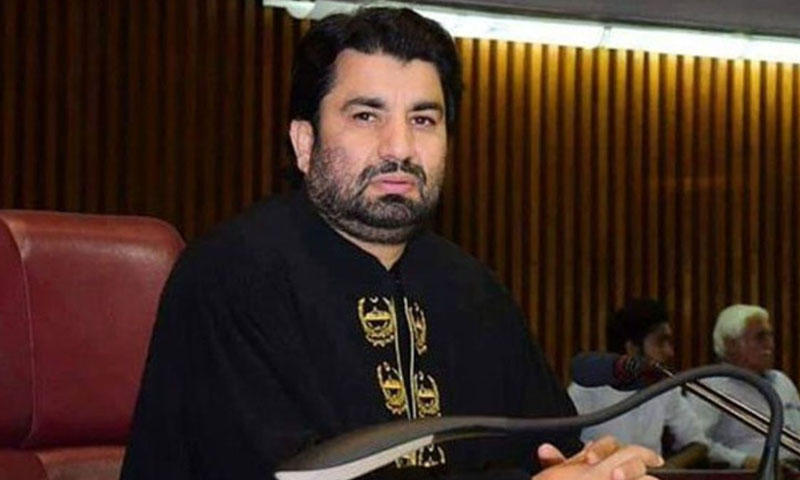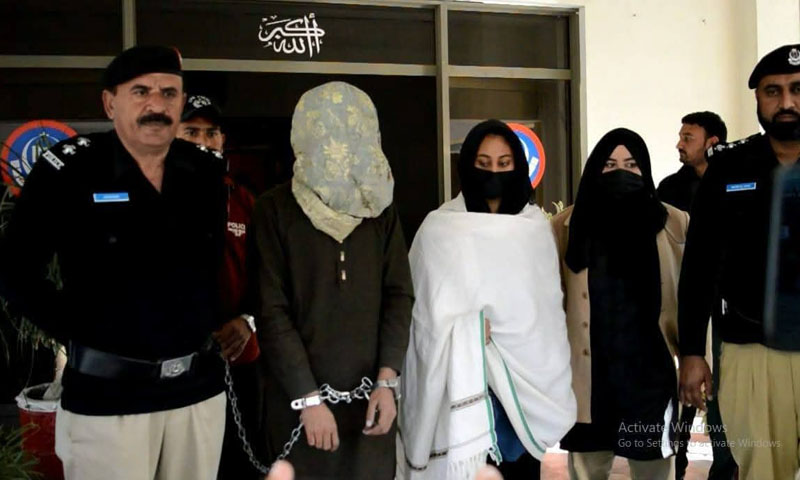- Web Desk
- Feb 09, 2026
Inflation may climb up again after June this year
-

- Web Desk
- Jan 11, 2025

With the policy rate now reduced to 13 percent, Prime minister Shehbaz Sharif had hinted at the possibility of further cuts in the future. But can the economy afford further cuts, and would the inflation be curbed further?
Speaking to Hum News Subah Say Agay, economist Dr Kaqhan Najeeb said that the inflation rate in the first six months of the fiscal year was at seven percent, while the interest rate was at 13 percent. To work around the five percent difference by bringing the interest rates further down by one to two percent is still plausible.
“That said, however, we should bear in mind that the reason inflation has fallen to seven percent is that in previous years it went as high as 24 percent and even 29 percent so base effect needs to be considered too. Similarly, global oil prices also need to be accounted for alongside the crop yield this year so keeping these factors in perspective we can say that inflation may climb up after May, June this year,” he shared.
Also read: Pakistan’s economy on path to recovery, says PM at PSX ceremony
He added that Brent is currently trading at USD 77, and had fallen down to USD 70 so there can be a hike in the oil prices as well which itself is inflationary. Speaking about a possibility of geopolitical stability once the US president-elect is in the Oval Office as Donald Trump has spoken about ending wars, Najeeb said that his regime has been very pro-growth and pro-market: “As economies open up globally in 2025, policy rates may come down. The FED in the US has also cut its rates by 0.5 percent and then 0.25 percent recently. This impacts oil consumption which in turn may increase demand as well.”
Stressing on the need to bridge the gap between expenditure and taxation, he said that this gap should be filled without hindering economic growth: “We do need to have a uniform tax system which means that someone who has a high salary is now liable to pay 29 percent tax, but in the UAE, there would be no taxation for them. This is my reservation with such a kind of taxation which the IMF can look away from because their horizon is for two to three years.
While we need to tax those who are richer than the rest through a vertical approach, we need to have a horizontal approach as well by taxing all kinds of income whether it be from agriculture, manufacturing or the 55 percent comprising retailers, wholesalers and the consultants. By having equilibrium tax rates will come down.”
He added that we have to change our approach to taxation and would require a mindset change.
Also read: Weekly inflation declines as prices of 10 essential items decrease
“We must simplify the taxation and make it equitable. We need to fully get rid of withholding tax alongside custom tariffs, and include the wholesalers and agricultural income in the tax bracket. We need to go whole hawk and engage them even if it takes like 24 meetings in one day. Withholding regime should be rolled back and taxation should just be unified.” he said.
He added that in the longer run we should have direct taxes and we will be able to afford these measures as soon as tax gaps are bridged and tax evasion is curtailed: “Given the tax difference is around PKR 386 billion, one can imagine the vacuum which can be filled.”
Referring to the ‘IMF program’ he said that it was not IMF’s, rather the program has been conceived by Pakistan, IMF is basically supporting it via its Extended Funds Facility, and their job is to step in and fill the gaps where there is a need, but it is thoroughly led by the best teams formed by Pakistani authorities: “The collaborative angle gives a sense of ownership so that the programme does not seem aloof in the wrong run.”




